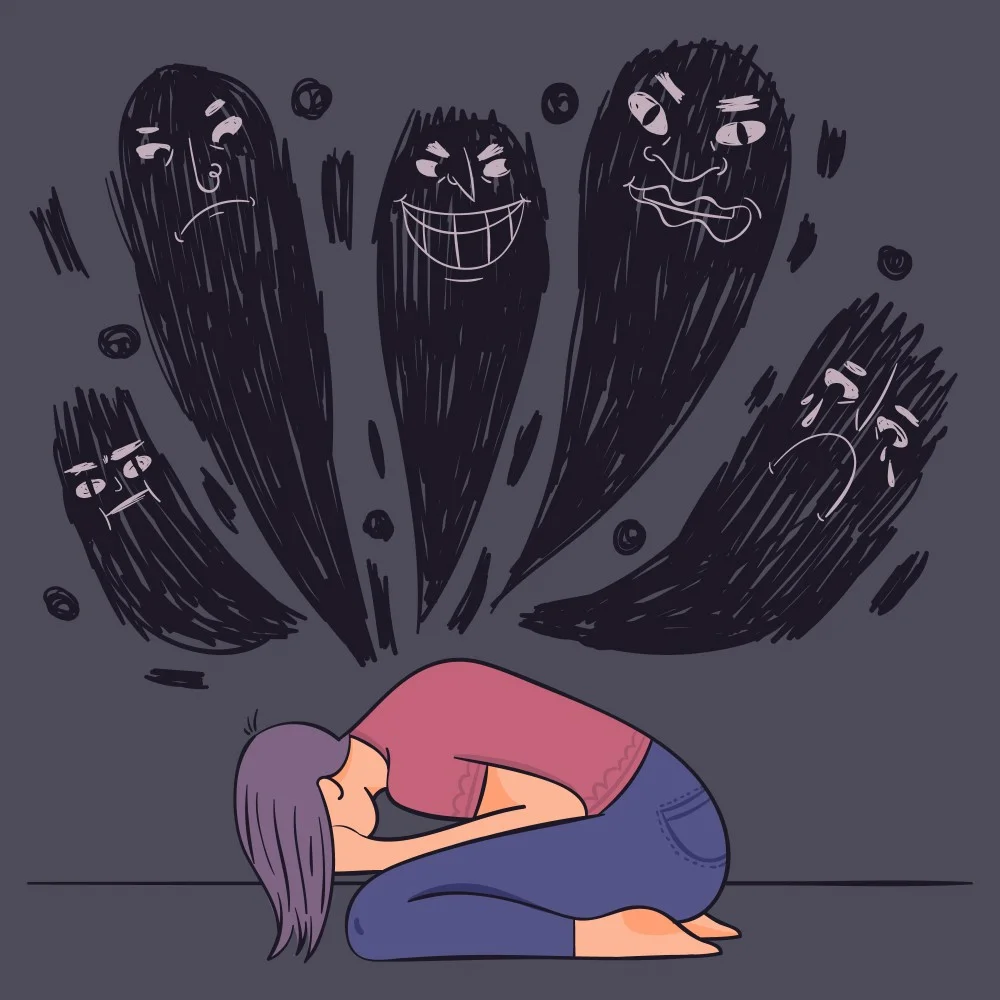Major Depressive Disorder Treatment
Effective, Personalized Care for Persistent Depression
- Our Services
What Is Major Depressive Disorder?
Major depressive disorder (MDD) is a serious mood disorder that affects how you feel, think, and function. It goes beyond occasional sadness and can interfere with daily life, relationships, and even physical health. Common symptoms include:
- Persistent low mood or hopelessness
- Fatigue and low energy
- Difficulty concentrating or making decisions
- Sleep disturbances
- Loss of interest in once-enjoyed activities
- Feelings of guilt or worthlessness
Wondering about the difference between major depressive disorder vs depression? MDD is a clinical diagnosis based on specific criteria, while “depression” may refer to a range of emotional states. A professional major depressive disorder evaluation is the first step toward clarity and recovery.
At Excel Psychiatry, we specialize in major depressive disorder treatment for adults and adolescents who are struggling with long-term, recurring, or treatment-resistant depression. Our compassionate, board-certified providers offer a wide range of evidence-based services to help you feel better.

Types of Major Depressive Disorder
MDD can present in different forms, including:
1
Persistent Depressive Disorder (Dysthymia)
A chronic, milder form of depression lasting two years or more.
2
Seasonal Affective Disorder (SAD)
Depression linked to seasonal changes, often worsening in winter.
3
Psychotic Depression
Severe depression accompanied by hallucinations or delusions.
4
Postpartum Depression
Occurs after childbirth, affecting new mothers.
5
Treatment-Resistant Depression
Depression that doesn’t improve after trying multiple treatments, often addressed with advanced therapies like TMS or Spravato®.
How We Treat Major Depressive Disorder?
At Excel Psychiatry, we create customized care plans that may include:

Therapy for major depressive disorder, including CBT and EMDR referrals
Medication management with the best medications for major depressive disorder based on your needs and health history
Advanced options like TMS therapy and Spravato®, designed for treatment-resistant major depression
Ongoing check-ins and monitoring to ensure your plan is working effectively

What to Expect During Your Evaluation?
Your first visit will include a comprehensive major depressive disorder evaluation with a board-certified psychiatrist. We’ll discuss your symptoms, medical and mental health history, lifestyle factors, and treatment goals.
From there, we’ll work with you to create a step-by-step recovery plan specific to your condition.
Reach out today to find the right treatment for major depressive disorder!
Causes and Risk Factors
The exact cause of MDD is unknown, but several factors contribute, including:
- Biological differences: Changes in brain chemistry and structure
- Genetics: Family history of depression or mood disorders
- Environmental factors: Stressful life events, trauma, or abuse
- Medical conditions: Chronic illness or hormonal changes
- Psychological factors: Low self-esteem, anxiety, or prolonged stress
Understanding these factors helps us tailor the best major depressive disorder treatment plan for you.

Accepted Insurances
We are accepting all the major insurances including
We do not accept Amerigroup Medicare or Medicaid for Patient appointments. We only accept Amerigroup Medicare for TMS and Spravato referrals .









Please verify deductibles and/or co-pays with your insurance company. Insurance often covers some or all of the appointment fees, but please note that this is not a guarantee. In cases of deductibles or coverage denials, patients have to pay the appointment fees.
Frequently Asked Questions
What’s the difference between major depressive disorder and regular depression?
Major depressive disorder is a diagnosed clinical condition characterized by persistent, severe symptoms that last more than two weeks. Regular depression may refer to temporary or less intense emotional lows.
What is the best treatment for major depressive disorder?
The best approach varies per patient but often includes a combination of medication, therapy, and, when needed, advanced treatments like TMS or Spravato®.
Is there a cure for major depressive disorder?
While there’s no universal cure, many patients achieve long-term remission with the right treatment. Ongoing care and lifestyle changes often lead to significant improvement.
How do I get diagnosed with MDD?
You’ll need a major depressive disorder evaluation by a licensed psychiatrist or mental health provider. We offer both in-office and virtual appointments.
How quickly will I see results?
Some patients feel better within weeks, especially when combining therapy with medication. Treatments like TMS and Spravato may work faster for some individuals.
Excel in Your Mental Wellness Journey
Don’t Let Mental Health Issues Hold You Back! Empower Yourself with Professional Support: Book Your Session Today